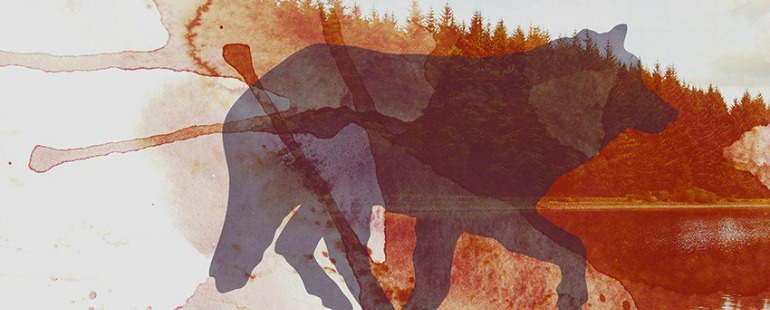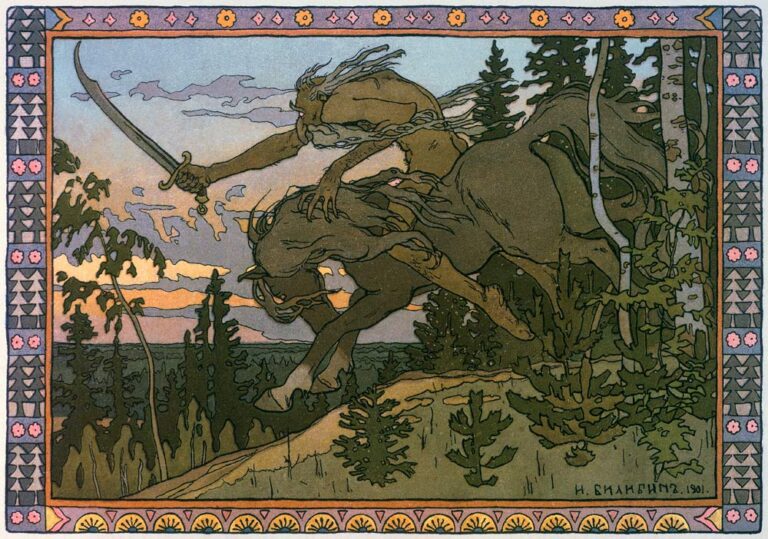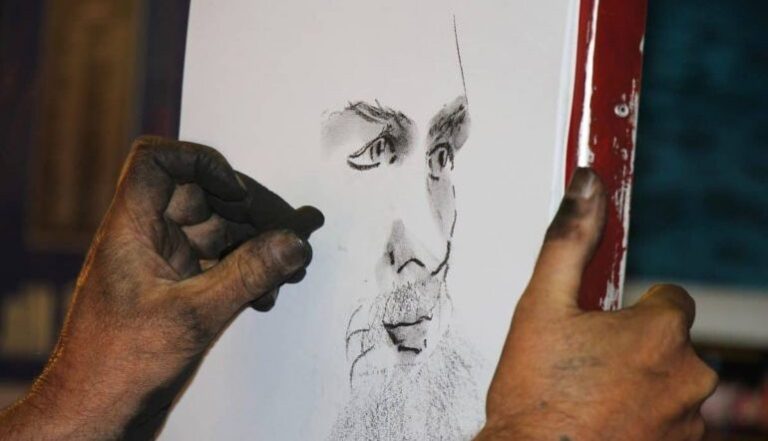3 Chapbook Reviews: Loving and Living in Louisiana

For September, in the wake of the over thirty inches of rain that flooded Acadiana, Baton Rouge, and other areas of Louisiana last month, I revisited two chapbooks published a few years ago written about Louisiana and another by a recent resident of New Orleans. Sometimes, place is an obvious theme or motif in a work, while other times it informs a work in a subtler but still necessary way. I love the way that these three chapbooks, in very different ways, speak Louisianan.
Flood by J. Bruce Fuller (Swan Scythe Press, 2013)
Written by current Stegner Fellow J. Bruce Fuller, Flood is the kind of read that sticks with you, like the lingering floodwaters of a rain storm, like the water lines you can see when they recede. The book is split into two parts “1927” and “2005,” each indicating a different year when water altered the landscape and lives of the people of Louisiana. Fuller reaches into his family and personal history to tell stories of what is lost when waters rise, but also what one learns from experiences like this, such as in “The River Is In Us”: “Each of us is planted / in the earth for a time / when the river inside us / mouths open to the sea.”
The two floods depicted reflect on each other. Fuller is able to write a poem that sounds, mostly due to its rhymes and form, like it might have been written in 1927 “Dixie Taverne” about the 2005 flood, and vice versa. The opening poem, “Flood” could have been written about either:
And if she is angry
her belly constricted
by our levees
she will erupt
silt like ash
Louisiana Purchase by Elizabeth Burk (Yellow Flag Press, 2013)
This is Burk’s second chapbook from this press, and the second that deals with, as the title of the first puts it, Learning to Love Louisiana. The chapbook is infused with food, music, and landscape, three things Louisianans cherish about their home and culture.
Burk splits her time between the states of New York and Louisiana, and in reading the poems here, one gets an idea of how hard it is to leave each place when you have something that makes them both feel like home. The main narrative of the chapbook surrounds Burk and her husband purchasing a house, and as much as this book is about place, it is also about the compromises and complications of relationships and marriage. Burk’s identity as a Northerner is something she is aware of, having married a Southerner, and poems like “Drinking Margaritas and Talking about the Oil Spill” help her navigate the difficult waters of privilege that identifying as such brings, such as being aware of facts like this:
Not much will get done
until the oil travels
around the tip of Florida
up the east coast, washes
onto the banks of the Potomac,
rolls up the capital steps
Being a Northerner also means knowing more variety in one’s seasons and in “Below Freezing in Vermillion Parish,” Burk paints the scene of a colder-than-usual Louisiana winter, the women wearing fur coats “that live in the back freezer / of the town tailor,” the new cold as something they know exists but are not always prepared for because of its scarcity.
Prophet Fever by Wren Hanks (Hyacinth Girl Press, 2016)
Prophet Fever is fueled by the heat of the New Orleans, where Wren Hanks, (formerly publishing under Jennifer Hanks) lived while writing it. The chapbook is divided into sections though mainly consists of one long poem in parts that read like a fever dream of the later years of high school, starring awkward sex, mean teenagers, cherished moments of parental absence, junk food, and internet binge sessions. The climax comes in part 11, when the poems’ speaker packs their bags to leave and corrects and re-corrects their actions until the reader can’t be sure what they really did or didn’t do, whether or not the dogs are alive, whether or not the mother is alive—though from the epilogue, it is at least certain that the speaker has so much to say that they are not sure yet how to put it into words.
While some might see surrealism in many of Hanks’s images, their poems are best read as unique interpretations of what life is like for someone who doesn’t conform to the binaries popular media and society create for gender, identity, and expression. They are very aware of place and the difficulties of not only finding but maintaining comfort in the presence of those few others who do understand: “All night I dream of plural flames / the bone masks beneath human skin.”
Anyone who has lived in Louisiana or the South knows that fast way winter arrives and then vanishes. Anyone who can measure the distance between safety and peril knows what it’s like to feel the “flame drop off” that Hanks refers to:
The nights I drip in bed
I feel her fur against my side.
Feel her flame drop off—
as she wraps herself around me
like a coat I suddenly need.
Image: Book cover detail from Profit Fever by Wren Hanks


